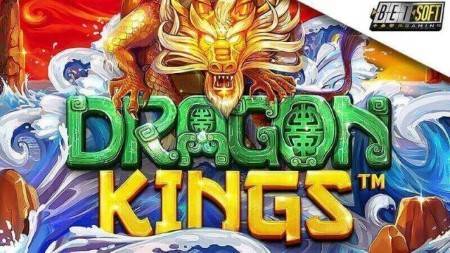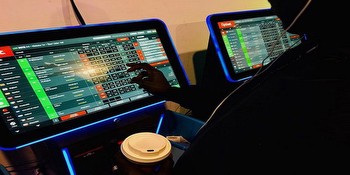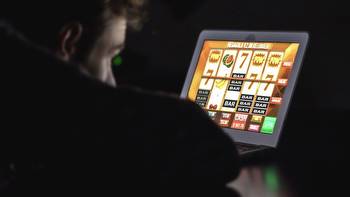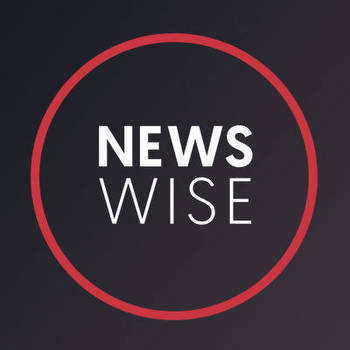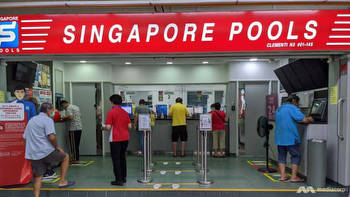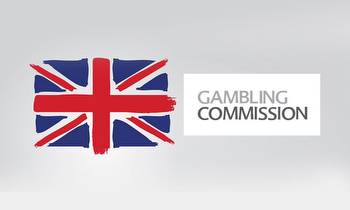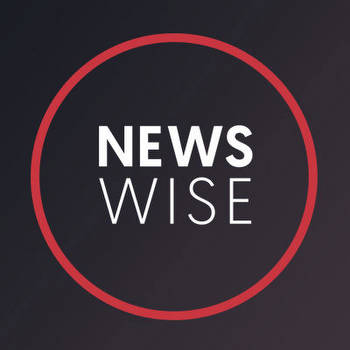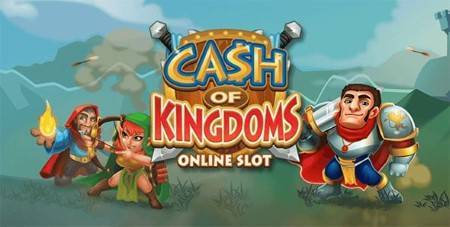Dutch survey reveals increase in gambling ad exposure

The study was conducted by Ipsos among a representative group of Dutch adults aged 18 years and older, and a representative group of young adult Dutch people aged 18 to 34 years old. The study took place between 14 February and 23 February 2022.
The second annual NOGA Online Gambling Barometer 2022 found that both young people and other adults have seen online gambling advertisements more often this year.
Other adults see these advertisements more often on TV, while young people see them more often on the internet and social media. Some 25% of other adults said they had seen adverts “very often” over the last 12 months, compared to just 6% in 2021, while 23% of young people reported the same.
The survey found that all those surveyed are not enthusiastic about online gambling advertisements, and want them only to be broadcast after 9pm and aimed as little as possible at young people and vulnerable groups.
Opinions are mainly negative, but more divided about the use of role models in advertising, with 25% of young people supporting this. Contrastingly, 15% of other adults support this.
Just 22% of respondents said they did not mind receiving or seeing advertisements for online gambling.
Earlier this month, Dutch Minister for Legal Protection Franc Weerwind revealed that regulator de Kansspelautoriteit (KSA) had launched an investigation into how operators advertise to players aged between 18 and 24.
The number of players has remained stable compared to last year and still mainly consists of men and the highly educated. The report states that 12% of all adults have gambled online in the last 12 months, compared to 11% in 2021. Among those aged 18-34, 21% have gambled online in the last 12 months, compared to 20% in 2021.
Just 2% of Dutch adults gamble daily, compared to 9% in 2021.
Sports betting is the most popular form of gambling, being that of 59% of those who have gambled in the last 12 months, compared to the second highest – online games – at 38%.
While familiarity with the legalisation of the online gambling market has hugely increased in the last 12 months, a large majority of players – about 70% — do not know how to recognise whether an operator is licenced in any case.
The majority of respondents view addiction as a major risk. They expect the provider to make an effort to prevent addiction, carry out age checks and provide information about the risks.







